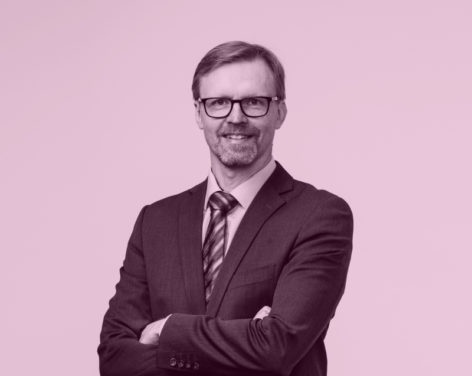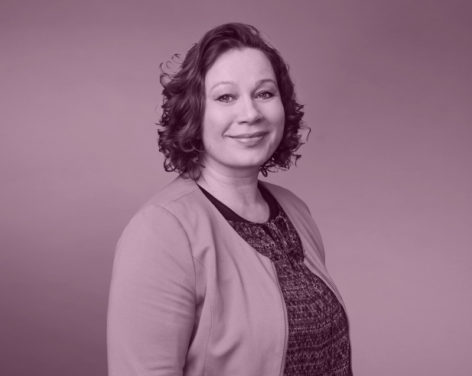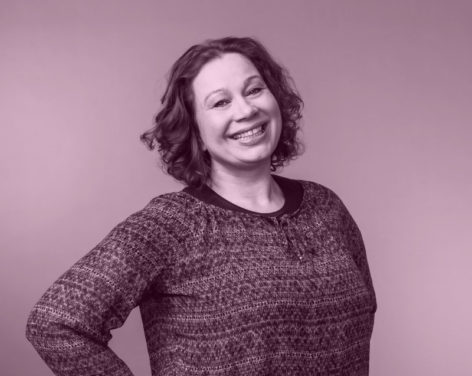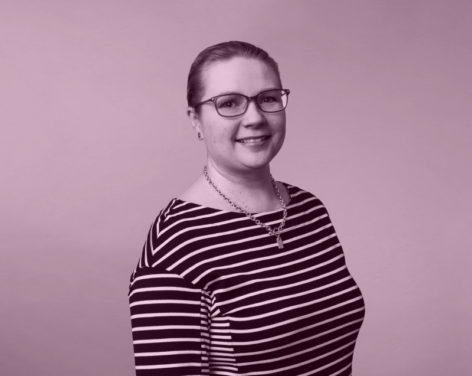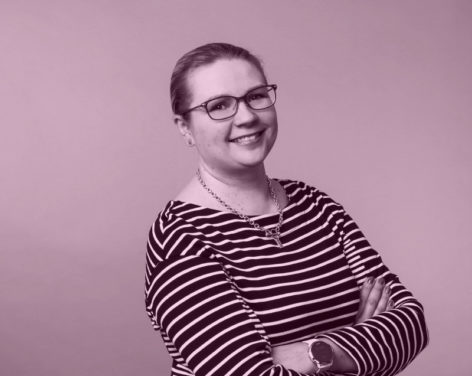
Finland is an ageing society. The most pertinent issue is making money last: while employee pension provides a solid basis at the individual level, everyone should also put aside money to financially prepare for old age. At the level of society, public funding must be supplemented with private capital in order to finance welfare in the future. Population ageing increases the society’s expenses and reduces the amount of labour input.
Statutory earnings-related pension
The Finnish employee pension system ranks among the best in the world. Everyone in Finland receives earnings-related pension based on their history of gainful employment as employees or entrepreneurs. The statutory system is based on decentralised implementation through multiple employee pension institutions. Finance Finland (FFI) represents the private pension insurance companies Elo, Ilmarinen, Varma and Veritas.
New models of welfare financing
Public funding must be supplemented with private capital in order to finance welfare in the future. Population ageing increases the society’s expenses and reduces the amount of labour input. It is possible to maintain the current welfare model if we simplify the financing channels of social welfare and health care services and maintain versatility in the provision of services.
As the population ages and baby boomers retire, the amount of labour input decreases while the society’s expenses increase. The society may not be capable of meeting its citizens’ expectations regarding social welfare and healthcare services.
Private households continue to prosper. The standard of living in Finland is ten times higher than in 1950. Because the population is ageing at a fast rate, financial preparedness for old age is now more important than ever.
We need to supplement public funding with private capital to finance the services of the ageing population in the future. We also need to encourage people to actively prepare for their own financial future. At the same time, we must ensure everyone has the option of transforming accumulated wealth into purchasing power to increase their standard of living during retirement.
The need for care is growing – but care has a price tag
More and more people live longer than before due to advances in health care and medical knowledge. Even though many serious illnesses have been beaten and we live longer than ever, Finnish people still get ill more than their western neighbours. More focus must be given to maintaining the functional ability of seniors. The solutions of the ageing society concern us all.
With mass retirement and longer life expectancy, there are also more pensions to be paid, and they need to be paid longer than before. Our pension system has been prepared for this. Statutory employee pension has been designed to cover normal living expenses. However, there is a sharp rise in the need for health care and other care services after the age of 80, and this increases expenses.
The financing of Finnish welfare is mainly a public responsibility. The provision of social and health care services forms the biggest, continuously growing expense in the public sector. The development of expenditure depends on the age structure of the population – and already, the services of citizens over 80 years of age cost more than their pensions.
Finns like to save up a buffer for rainy days
Finns are a frugal people who want to be prepared for the future. About 60 percent of Finns have funds either in savings or investments, most popularly in saving and investment accounts and different funds. The typical saver is motivated by the desire to prepare for future expenditures or simply for a rainy day.
Much of Finnish private capital is tied up in owner-occupied homes. About 80 percent of Finns who are close to retirement live in a mortgage-free home. Many also have a summer cottage, investor home or forest property.
The children of the senior generation (already 50 to 60 years old themselves) are now frequently wealthier than their parents. According to a survey by VATT Institute for Economic Research, this baby boom generation thinks it important that its octogenarian parents should use their own assets to finance their welfare, not save it for inheritance. The seniors themselves believe that public funds may not be enough to finance their welfare in the future.
Filter
Still have questions?
|Contact FFI experts
